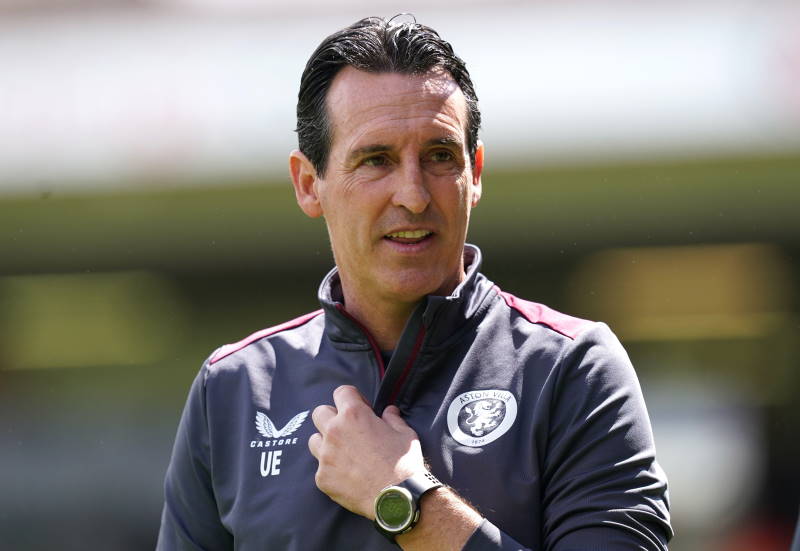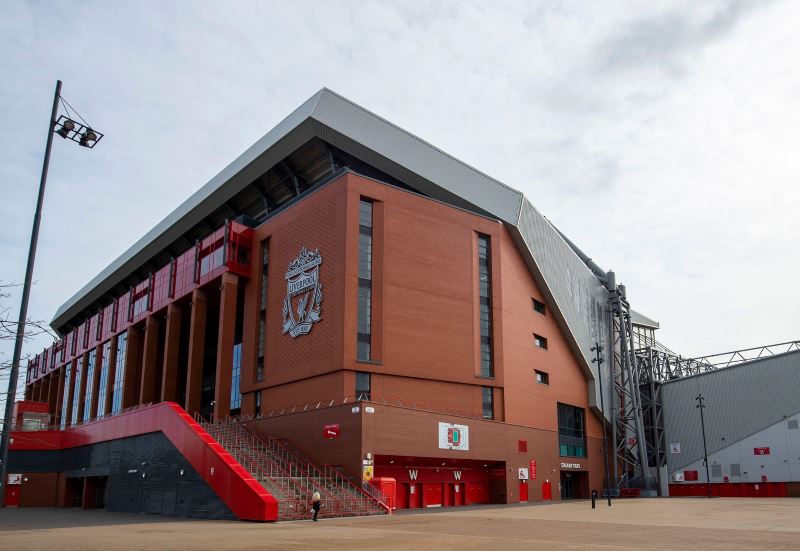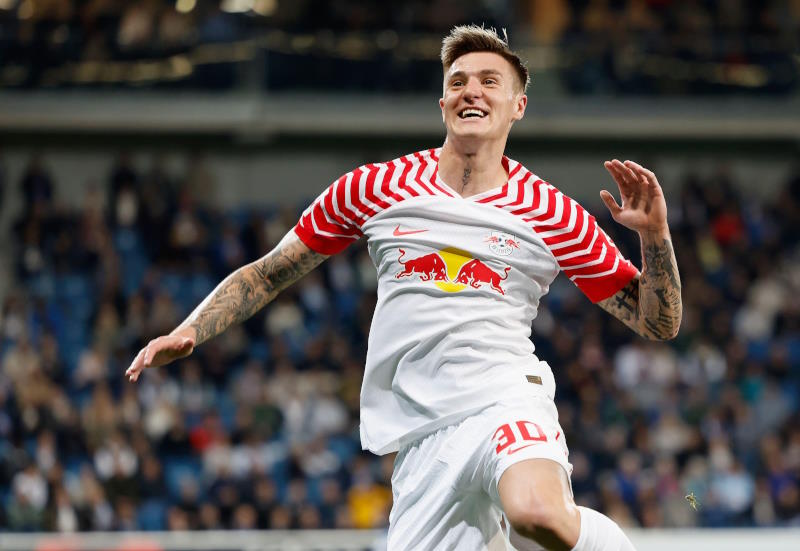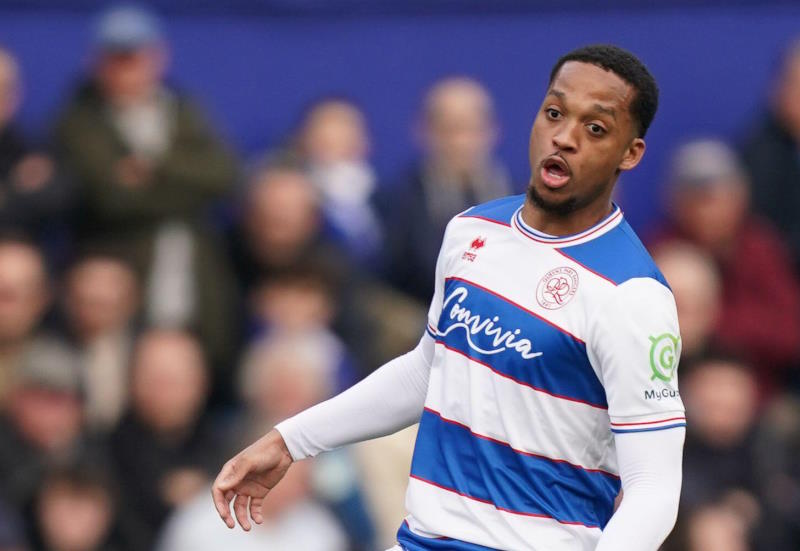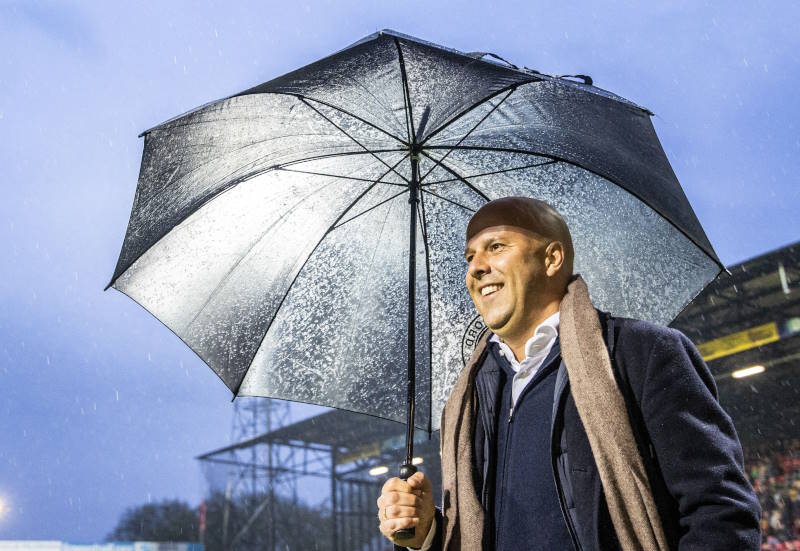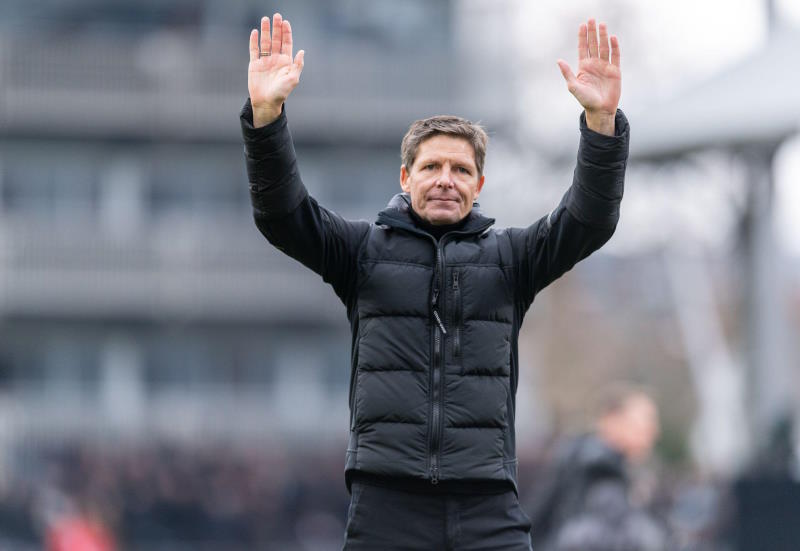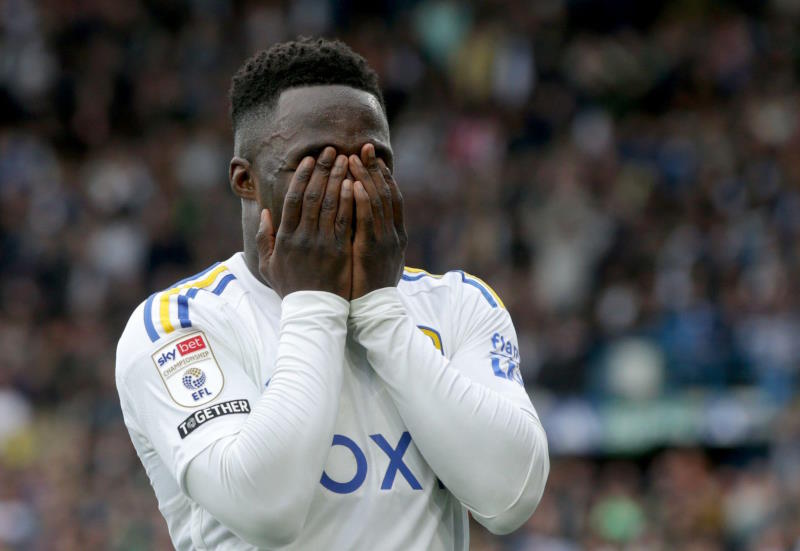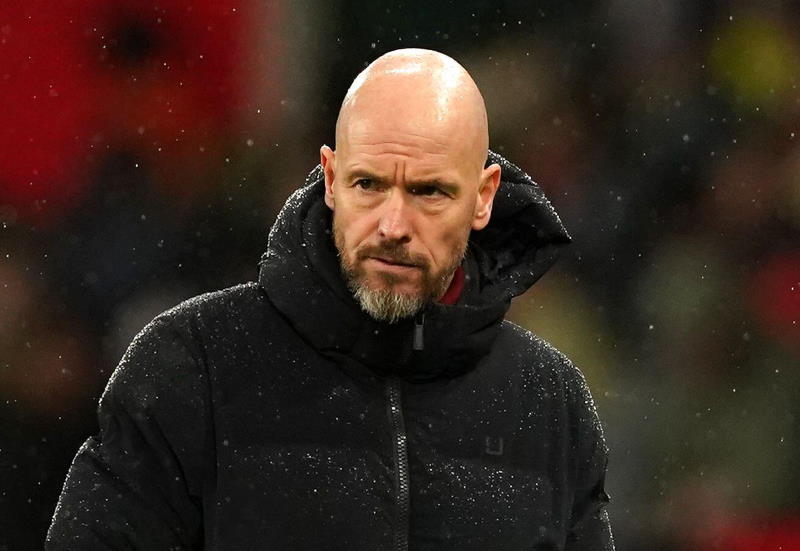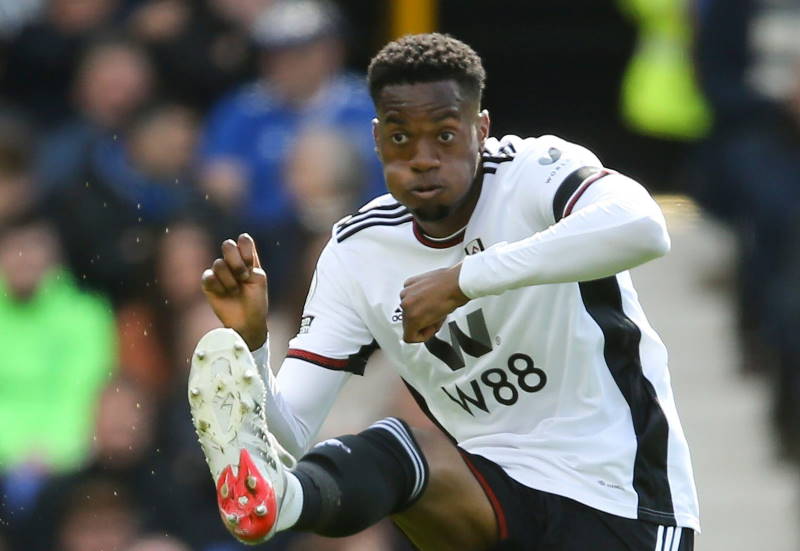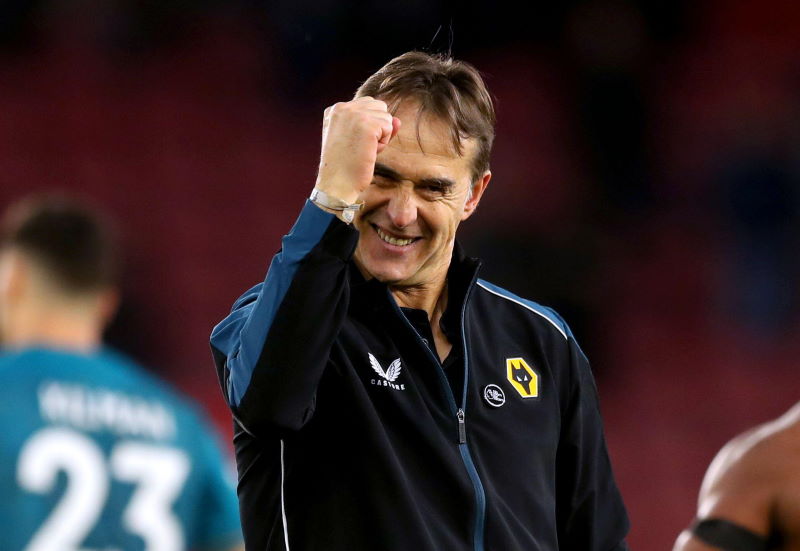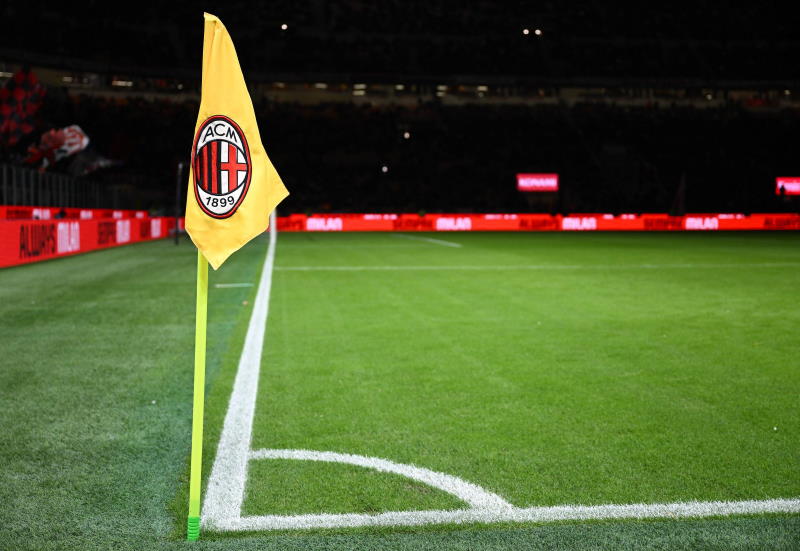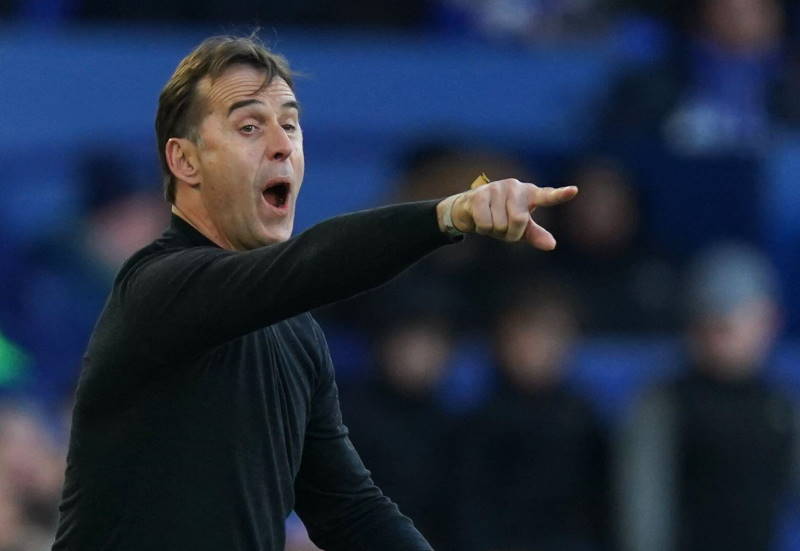
Just as "doing a Leeds" has entered English football’s lexicon, so doing a Torpedo could become part of Russian sporting folklore.
The once proud Moscow club – ever present in the top flight until relegation in 2006 – was on the brink of collapse barely one year ago.
Relegated again in 2008, they hit cashflow problems and even faced a row over the right to use the Torpedo name before being unceremoniously booted into the amateur leagues.
Yet on Thursday, 1st July, the Black-and-Whites are in Russian Cup action and are just 90 minutes away from a glamour tie with old rivals CSKA Moscow.
They’re also back in the pro leagues, albeit at the unprepossessing level of Division Two (Central zone), but under the guidance of veteran coach Sergei Pavlov they are handily placed in fourth.
Best of all, the Avtozavodzy (the nickname means car-plant workers, deriving from the club’s traditional links with the ZiL factory) are back at their traditional home on Vostochnaya Ulitsa having replaced the bankrupt FC Moscow.
Crowds are up too. In Moscow games outside the top flight struggle to attract more than a few hundred die-hards. Playing at the same level, Lokomotiv-2 regard 500 as a big crowd while Sportakademklub’s Ismailovo home is more notable for the life-size fighter jet poised to strafe the centre circle than for the surging tide of humanity flocking to matches.
Torpedo, however, do things differently. Crowds are generally around the 2,000 mark – despite an awkward midweek kick-off time of 6:30 in a city where the working day often runs until 7.
Earlier in their cup run a Saturday afternoon game attracted 4,500 to see them take on promotion rivals Avangard Podolsk and grab a hard-fought 1-0 win.
Beware Tikhonov
That crowd could be bettered on Thursday when first division FK Khimki come to town with the prospect of a game at home to CSKA in the last 32 spurring on both sides.
Khimki were ignominiously relegated from the top flight last season and have moved on from their luxury, purpose-built 20,000 capacity home arena to allow Dynamo Moscow and CSKA to ground share there.
But despite staring collapse in the face they’ve managed to bring back inspirational midfielder Andrei Tikhonov. Usually the former Spartak Moscow legend doesn’t play in away games, but he could make an exception to cover the 20km or so into Moscow. Fast approaching his 40th birthday he’s no all-action ace, but his deadball expertise could be enough to settle the tie.
Pavlovian reaction
As for Torpedo, Pavlov’s squad has brought back the feel-good factor: the former assistant boss at Spartak and for the national team has blended a couple of experienced heads with some burgeoning youth to create a side which looks the part at this level.
Veterans you won’t quite have heard of include Beslan Adzhinzhal, 36, identical twin of Krylya Sovietov midfielder Ruslan, once a lynchpin of Torpedo’s top-flight midfield.
He’s joined by 35-time Moldovan international Aleksandr Covalenco at the back to give a steadying influence.
But it’s the new generation which is catching the eye. Striker Dmitry Maskayev grabbed the goal which sank Avangard in an earlier cup tie, and has chipped in 10 in 18 league starts.
His busy running was complemented by the lanky, Pavlyuchenko-esque Dmitry Burmistrov, who has bagged six in nine and whose 195 cm make him the target of most attacks.
Somewhat implausibly midfielder Kirill Makarov has also caused a flutter of interest. The 23-year-old ex Zenit youth player has been dubbed in some quarters the new Andrei Arshavin and internet sources insist he’s been linked with Tottenham.
Like his illustrious inspiration he’s a small, nippy midfielder who relies on ball skills more than athletic prowess to make his mark on the game.
Sadly though, the similarities between him and Arshavin seem more to do with emerging at Zenit and going out to a series of lower league clubs in the hope of seeing his talent mature. The brightest star of Russian football might look like a 12-year-old, but he was already in his late 20s by the time he blazed his trail at Euro 2008.
For Makarov and his team-mates, the chance to have a crack at CSKA could be their best opportunity to rise to similar prominence.

